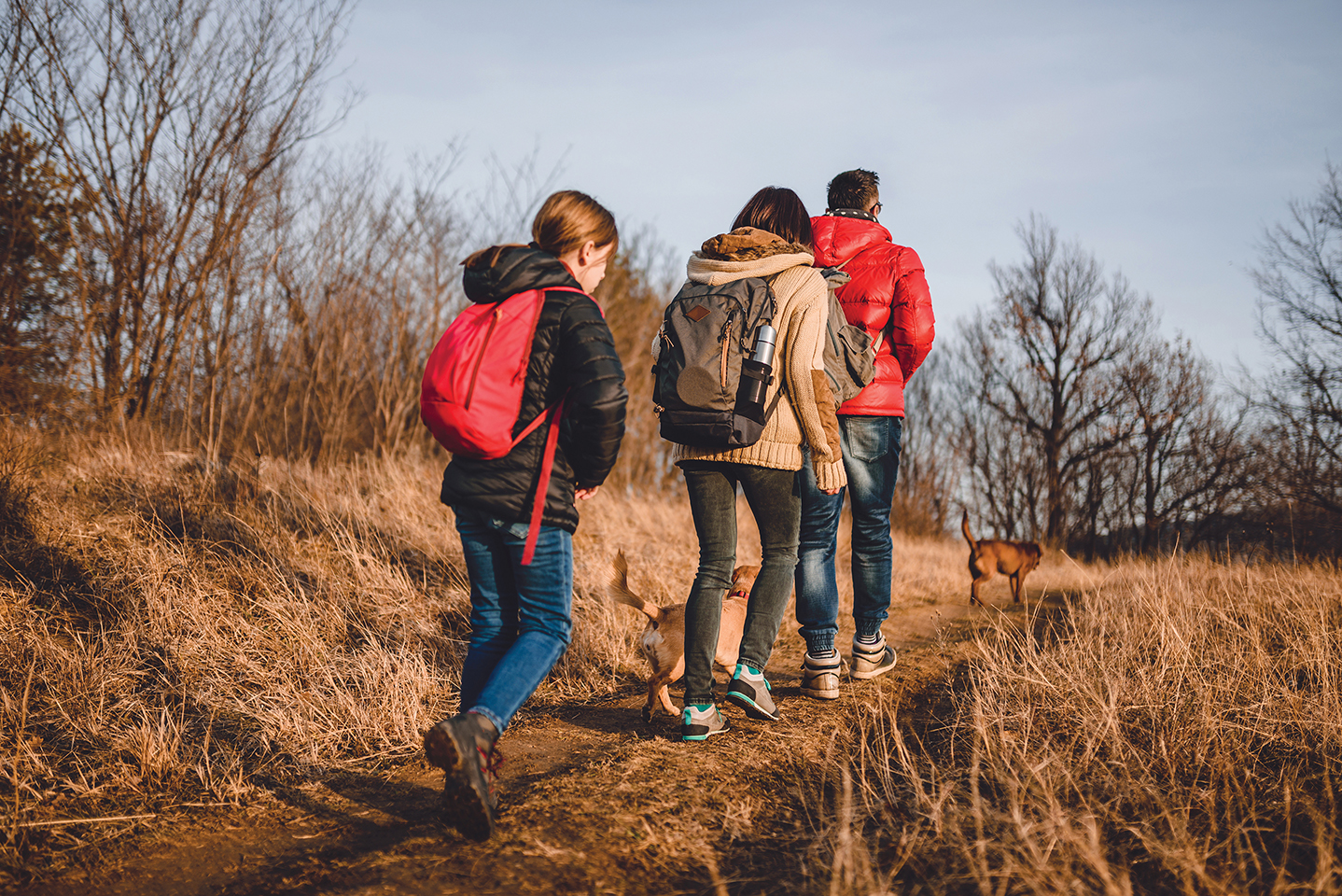
The Key to Coping Skills
By: Kelly Ackerman, LCPC
As a therapist, I am often approached by clients or parents who identify coping skills as their primary goal for counseling. This makes sense and is very practical. The term coping skills has become a popular “buzz” word in our culture, thus understanding and building a coping skills toolbox is helpful to most people. However, it is important to understand the definition of a coping skill, the purpose of using these tools, the goal of the tools, and an increased self-awareness to know what tools will work best.
A coping skill is a strategy used to maintain emotional and behavioral control within a given moment, and when used effectively allows us to experience a full range of emotion without damaging relationships with others or ourselves. This requires self-awareness as emotions begin to rise, often first being noticed in the body. What happens when we get nervous, embarrassed, angry, jealous, or sad? Some people experience heat rising to their face during anger, butterflies in their stomach when they are nervous, heaviness in their chest when they are jealous, or a strong desire to run when they are embarrassed. These emotions manifest differently for everyone and only we can become the expert. Tuning in to our body gives us an advantage to knowing what we’re feeling and allows us to access our coping skills to effectively manage these feelings in the moment. Therefore, becoming curious about oneself is one of the first steps in using coping skills effectively.
As we gain awareness about the first indications that emotions are becoming “big,” we can use short-term coping skills to keep our prefrontal cortex (i.e. the logical, thinking brain) to remain engaged rather than allowing the big feelings to access the impulsive responses that often result in getting in trouble, causing stress within relationships, or acting out in socially unacceptable ways and eventually leaving one with feelings of guilt, shame and beliefs of worthlessness. As we identify that hot sensation in our face, we can take some deep breaths, count to 10, get a drink of water, or go for a short walk. This allows space to exist between the event that triggered the feeling, giving us time to problem solve and make a decision about how to handle a difficult situation that will be right for us and others who may be involved. The good news is, it’s likely these coping skills have been engaged to help us in this process. If we have ever walked away, taken a drive, gone for a jog, or snuggled a pet, we have engaged in a coping skill. It is not difficult to find lists of coping skills on the internet ranging from blowing bubbles to meditation. The next step is evaluating what works for us individually and whether we are using active coping skills or avoidant coping skills.
Active coping skills are those tools used to get an emotion under control. When we use active coping skills effectively, it is important to return to the stressor and make decisions about the next step such as how to problem solve, talk about the emotional experience, or use a journal to express our feelings and thoughts. Too often, people can use coping skills and end up avoiding the pattern of emotional experiences they are having which eventually results in “blowing up” or acting in ways that are out of proportion to the situation.
Additionally, people regularly use avoidant coping skills that allow suppression of the emotional experience because it is so uncomfortable. Avoidant coping skills include alcohol and substance use, tuning out through use of tv, games, or even books, withdrawal and isolation, or risky behaviors such as fast driving or engaging in thoughtless sex. These coping mechanisms not only help avoid the challenging emotions but often give a temporary positive experience which is why they are so effective. However, they further result in damage to relationships, both with others and ourselves, leaving the challenge even bigger than it was originally.
Finally, attending to basic self-care needs on a daily basis is also an essential skill. So often self-care is considered culturally as “pampering” ourselves with a facial, massage or a night out with our buddies. While these types of self-care have their benefit, their effect is short-lived. Practicing self-care basics is the daily act of loving ourselves. When we love ourselves, we begin to have enough self-worth to use active coping skills to grow, mature and enhance our relationships with others. Basic self-care includes the daily activities of adequate sleep, personal hygiene, hydration, proper nutrition, exercise, and a spiritual or mindfulness practice in which our brains can rest. When these basic self-care needs are our primary coping skills, accessing short-term coping skills is much easier. For this reason, I challenge everyone to keep a basic self-care daily report card, and to make a list of adaptive and active coping skills (as soon as you are done reading this article).
Note: It is important to recognize when coping skills are not working for us, when we are not meeting our basic self-care needs, when we do not have safe relationships in which to share our thoughts and feelings, or when avoidant coping is our primary experience. It may be time to activate enough strength and courage to reach out for help to a licensed counselor. That is using an active coping skill. ■
